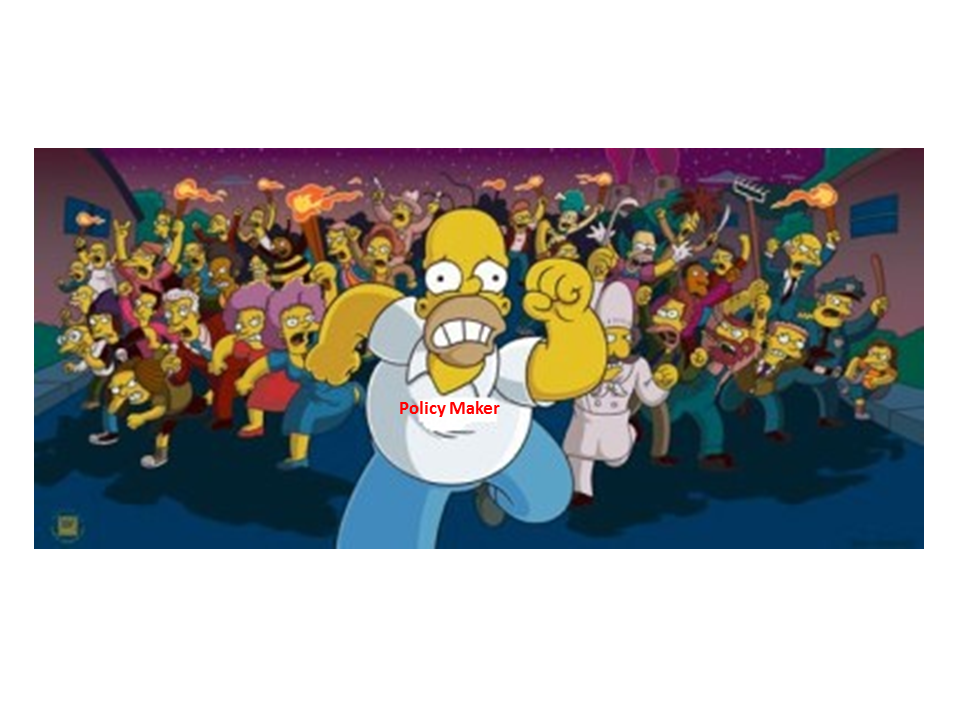I attended the StandUpForTruth event at Birbeck University last Monday. http://standupfortruth.org/ A panel of whistleblowers sat on stage sharing their own stories of speaking truth to power and the resultant pain of being punished for doing the right thing and in the public interest. They, like most whistleblowers, including myself had felt unprotected, betrayed and abandoned.
The emotion that ran through the event was palpable, expressed as anger, grief and disempowerment. The contagion of these emotions tapped into the hot buttons of those in the audience also feeling wounded and angry. In the absence of pitchforks, fists were clenched and raised, twitter was a-tweeting.

I spent the next week in deep reflection wondering whether it would be actions of activists, with their tannoys, posters and whistles or the careful, nuanced dialogue of advocates that would unlock the gates to legislative policy makers in the whistleblowing arena.
Advocacy is often thought of as “an act of publicly representing an individual, organisation, or idea” and used as an umbrella term for many intervention tactics such as “speaking, writing or acting in favour of a participate issue or cause, policy or group of people.” (Cucow, 2011; PHAC, 2010).
Activism is described as “a policy of taking direct action to achieve a political or social goal” (Zeitz, 2008).
Advocacy is often seen as working “within the system” whereas activism is seen as working “outside the system” to generate change (UBC, 2010).
What has worked historically? It was Plato who believed that being a “philosopher” meant assuming the responsibilities of a moral reformer and that it was hard argumentative work that expanded moral advances to change a status quo.
Many of the humanitarian developments originated with thinkers such as Plato and Socrates who gave reasons for why some practice was indefensible, irrational and inconsistent with the values of a moral society. They demonstrated that the way people treated some particular group of others was logically inconsistent with the way they insisted on being treated themselves.
Their argument would go viral, get translated into many languages, get debated at pubs and coffee houses and salons, and at dinner parties. We can trace a direct pathway from reasoned thinkers to changes in the way we actually feel about circumstances. The tipping point from advocacy to activism is at the point where intellectualism tips over into emotion, where circles of empathy are stretched and widened to include those beyond our family.
Activist movements reach back to a long chain of thinkers who argued as to why we ought to mobilise our emotions against indefensible behaviours. For example, the movement to abolish slavery depended on faith and emotion. It was a movement spearheaded by the Quakers, and it only became popular when Harriet Beecher Stowe’s novel “Uncle Tom’s Cabin” became a bestseller. But the ball got rolling a century before. John Locke bucked the tide of millennia that had regarded the practice as perfectly natural. He argued that it was inconsistent with the principles of rational government.
In the 1960s, the Civil Rights Movement inspired the movements for women’s rights, children’s rights, gay rights and even animal rights. But fully two centuries before,the Enlightenment thinker Jeremy Bent had exposed the indefensibility of customary practices such as the cruelty to animals. In every case, it took at least a century for the arguments of these great thinkers to trickle down and infiltrate the population as a whole. One movement for the expansion of rights inspires another because the logic is the same, and once that’s hammered home, it becomes increasingly uncomfortable to ignore the inconsistency.
Activists pick up the argument to rigorously force change when the reasoned approach has not been effective enough in influencing leaders and legislators to initiate policy change.
How effective are 21st century activists, especially the weak-tie ones where connections are via Facebook or followers on Twitter? Malcolm Gladwell emphasised the distinction between “strong-tie” social connections and ‘weak-tie’ connections suggesting, “A networked, weak-tie world is not effective activism.”
Gladwell’s research shows that the most important factor in people’s involvement in an activist group is the strength of their social relationships with other activists. “Strong ties” aren’t about pre-given connections in people’s lives, such as family ties, or a shared hometown, church, or high school. They are about a set of ties that trumps even their family connections. The strong-tie activists have close, personal relationships of the sort that draw commitment to protests, despite the risk to their lives. Activists may need “strong ties” to risk their lives in the streets, but what’s also clear is that those ties can stretch across continents, and can consist entirely of bits, smaller groups — right up until the moment when they come together.
Who might the legislative policy makers within government elect to react to? The revolutionary activists or the evolutionary advocates? Will they have a choice? How long are they prepared to leave whistleblowing policy unchanged before the hostile, alienating emotions of anger and fear force change?
Advocacy or Activism? Both terms undermine the importance of recognising the long and often difficult road to change that requires collective action from many individuals, communities and organisations that may work both “inside” and “outside” the system.
Courageous Conversations before Whistleblowing https://speakout-speakup.org/#/training




Leave A Comment